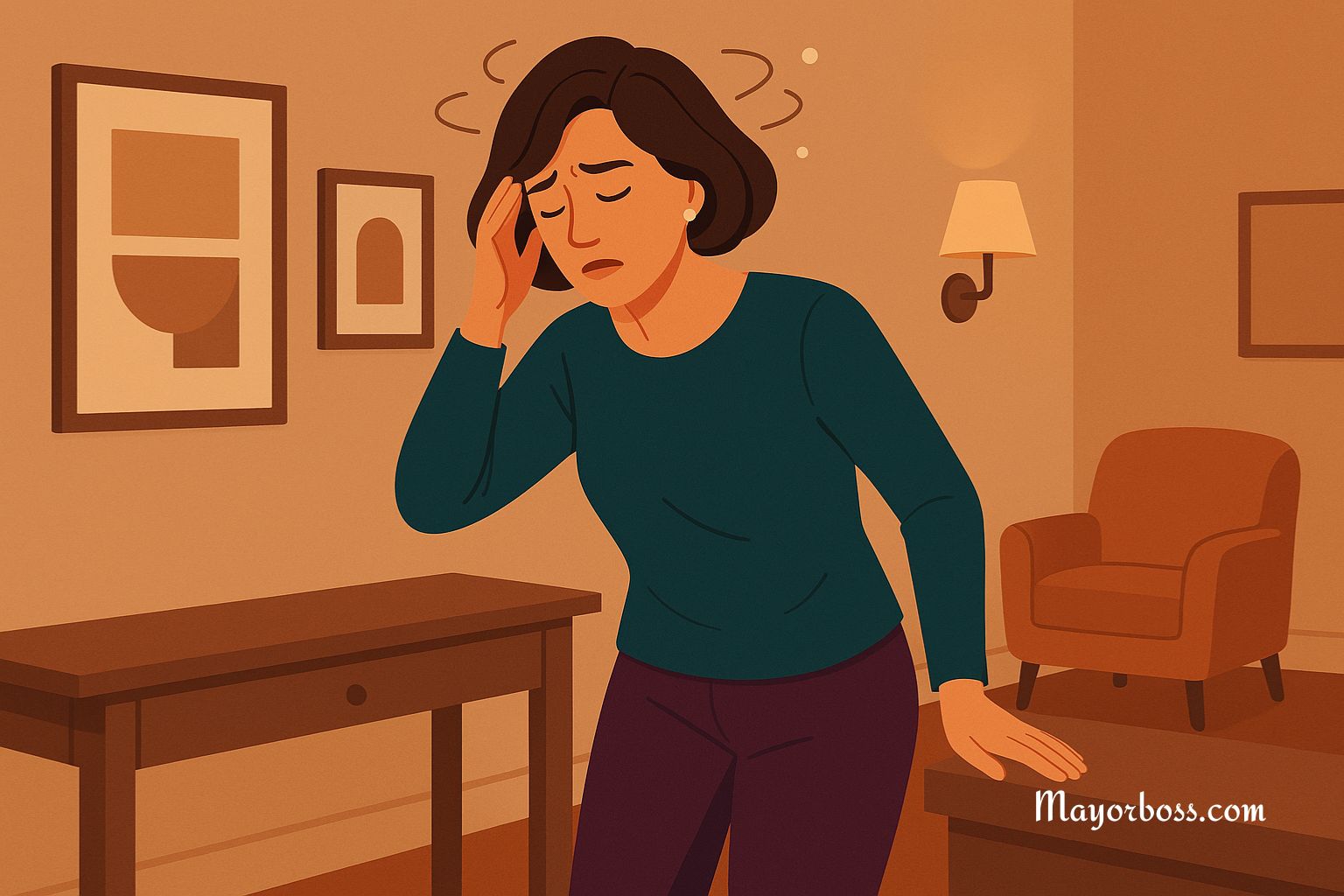What Causes Extreme Muscle Pain in Legs?
Muscle pain in the legs is a common experience that can be frustrating and debilitating. This condition, often referred to as myalgia, has various causes. In this article, we’re going to talk about the main reasons why your legs might hurt.
Key Takeaway
The primary causes of extreme muscle pain in the legs include muscle strain, dehydration, electrolyte imbalance, too much exercise, and specific conditions such as peripheral neuropathy or deep vein thrombosis. Usually, proper rest, regular exercise, and a balanced diet can help prevent and manage this issue. But in more severe cases, medical intervention might be necessary.

Causes Extreme Muscle Pain in Legs
Exercise-Induced Muscle Pain
Typically, you might find your legs aching after intense physical activity. Basically, when you exercise, microscopic damage occurs to your muscle fibers. This, in turn, can cause mild to severe muscle soreness, especially in the legs, due to their involvement in weight-bearing activities.
Muscle Cramp
In some cases, the muscle pain in your legs may be due to muscle cramps. These are sudden, spontaneous contractions or spasms in one or more of your muscles. Muscle cramps are usually harmless but can cause extreme pain and temporary immobility. Dehydration or muscle fatigue might often be the cause of these cramps.
Dehydration
Moreover, dehydration can lead to a decrease in blood volume, which can make your muscles work harder than they normally would, causing pain. Therefore, it is crucial to drink plenty of fluids, particularly water, and replenish lost fluids after intense physical activity.
Electrolyte Imbalance
Significantly, dehydration is a common cause of muscle pain. Your body needs to be properly hydrated for your muscles to work correctly. Thus, a lack of adequate hydration can lead to muscle cramps and pain. When your body is dehydrated, your muscles can lose efficiency and may not function optimally, leading to discomfort and pain in your legs.
In addition to dehydration, an electrolyte imbalance can also lead to muscle pain. Electrolytes are minerals that carry an electric charge and are vital for several bodily functions, including muscle contractions.
Specifically, minerals like potassium, calcium, and magnesium play key roles in muscle function. A deficiency or excess of these minerals can lead to muscle cramps and pain, particularly in your legs.
Therefore, it’s important to maintain a balanced diet that includes a variety of fruits and vegetables to ensure that you’re getting the right balance of electrolytes. Furthermore, in some cases, your doctor might recommend supplements or electrolyte-replacement drinks, especially if you participate in high-intensity activities or sports.
Peripheral Artery Disease
Interestingly, muscle pain in your legs can also be a symptom of peripheral artery disease (PAD). This condition results from narrowed peripheral arteries, often in the legs, reducing blood flow and causing pain, usually during physical activities. Thus, if your leg pain increases when you walk but lessens at rest, you might want to get checked for PAD.

Deep Vein Thrombosis (DVT)
Moreover, deep vein thrombosis (DVT), a blood clot in a deep vein, often in your legs, can cause significant muscle pain. DVT might not show symptoms all the time, but it can lead to life-threatening complications like a pulmonary embolism. Therefore, it’s crucial to seek immediate medical attention if you suspect DVT.
Diabetic Neuropathy
In particular, if you have diabetes, the muscle pain in your legs might be a sign of diabetic neuropathy. This is a condition where your nerves get damaged because of diabetes. High levels of sugar in your blood can hurt nerves all over your body, but it usually affects the nerves in your legs and feet the most.
Fibromyalgia
Fibromyalgia is a health problem that causes pain all over your body, especially in your muscles and bones, and might also be the cause of your leg pain. Usually, fibromyalgia accompanies fatigue, sleep, memory, and mood issues.
In most cases, symptoms gradually accumulate, but they can also begin after a physical trauma, surgery, infection, or significant psychological stress.
Medication Side Effects
After all, it’s important to remember that some medications, diuretics, and especially statins used to control cholesterol can have muscle pain as a side effect.
Hence, if you’re taking medications and experiencing muscle pain in your legs, it might be worth discussing this with your doctor.
Muscular Dystrophy
Specifically, muscular dystrophy, a group of diseases causing progressive weakness and loss of muscle mass, can be responsible for muscle pain in the legs. Although there are many types, Duchenne muscular dystrophy and Becker muscular dystrophy are particularly known for affecting the muscles in the legs.
Lyme Disease
Lyme disease, a bacterial infection transmitted by ticks, can result in muscle and joint pain, including in the legs. The pain is often accompanied by other symptoms like rash, fever, chills, fatigue, body aches, headache, neck stiffness, and swollen lymph nodes.
Lupus
Another cause of leg muscle pain can be lupus, an autoimmune disease. Lupus can cause inflammation throughout the body, including in your muscles, which can result in pain. Typically, lupus is also associated with fatigue, joint pain, and rashes.
Rheumatoid Arthritis
Rheumatoid arthritis, an autoimmune disorder that primarily affects the joints, can also cause pain in the muscles surrounding the joints. The pain can become worse following periods of inactivity or after waking up.
Tendonitis
As well as these conditions, tendonitis might also cause muscle pain in your legs. Tendonitis is when a tendon gets swollen or irritated. A tendon is a thick cord that connects your muscles to your bones. When it happens in the leg, it can cause a significant amount of pain, particularly when moving the affected limb.
Other Causes
Furthermore, other causes of extreme muscle pain in the legs could include varicose veins, sciatica, shin splints, sprains, and strains. Infections like the flu and conditions like chronic fatigue syndrome can also cause leg pain.
When to Seek Help
In some cases, leg pain can be managed at home. However, you should contact your doctor if the pain is severe, if it doesn’t improve after several days of home treatment, or if it’s accompanied by other worrying symptoms. These could include swelling, redness, warmth in the affected area, or any signs of infection like fever.






